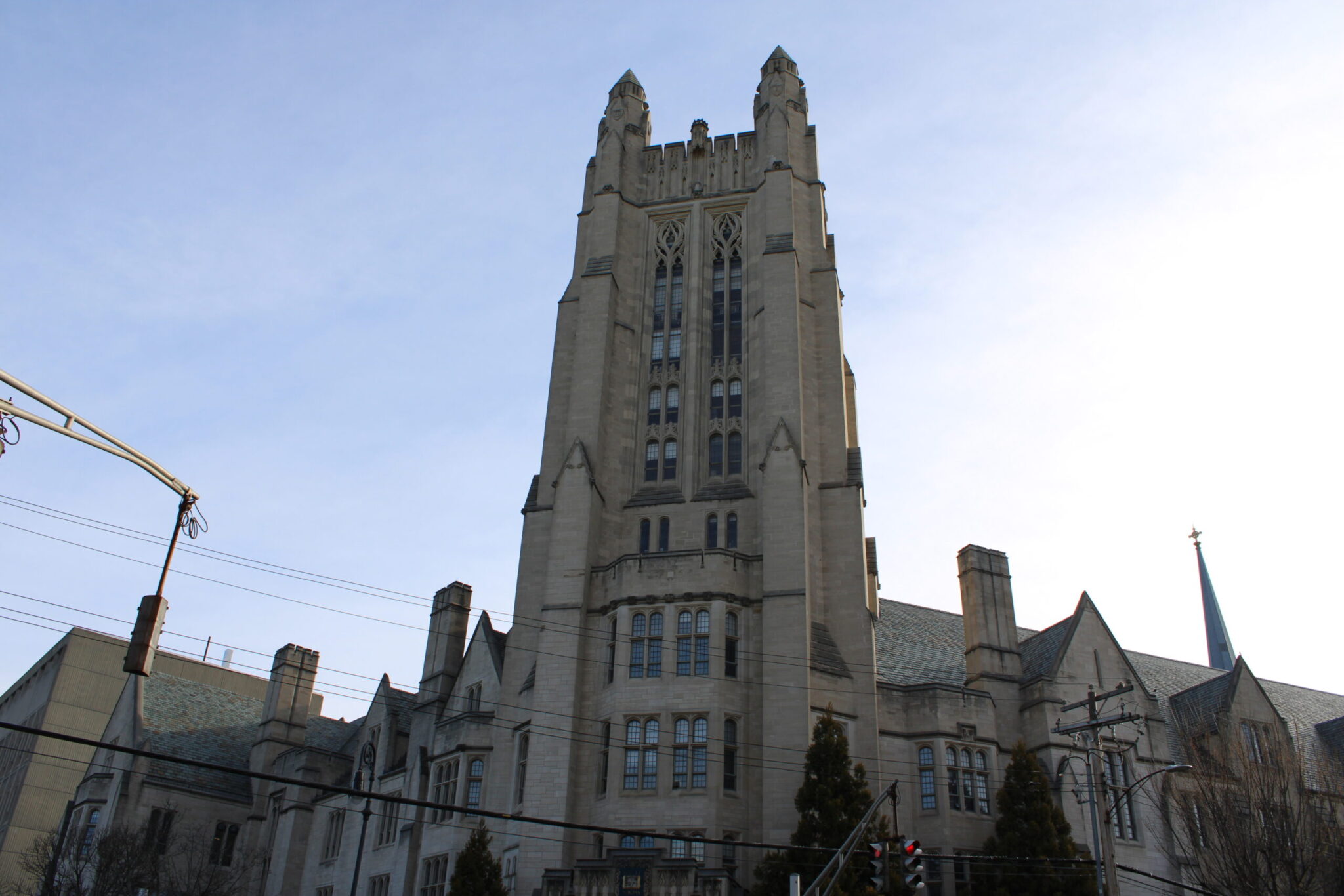Anticipation grows over Yale’s 24th president as search enters seventh month
The Yale Corporation, the University’s highest governing body, is set to meet on campus April 20 for its fourth annual meeting as the presidential search enters its seventh month.

Alyssa Chang, Contributing Photographer
As of March 31, Yale’s search to find University President Peter Salovey’s successor has formally been underway for seven months.
Yale Corporation senior trustee Joshua Bekenstein ’80 previously told the News that all Corporation members will ultimately weigh in on who succeeds Salovey. Per Yale’s bylaws, all decisions made by the Corporation are determined by a majority vote. The Corporation convenes in person and on campus at least five times a year. Their most recent meeting occurred on Feb. 17 and their penultimate meeting — and last before most students depart for the summer recess — will take place on Saturday, April 20.
“A search takes time, it takes discipline and it takes focus,” Bekenstein told the News on Jan. 28. “I think trying to give you a timeframe on that is not something that we’re focused on; we’re focused on running the best process we can, and we’ll take whatever time we need to run the best process and to try to find the best president for Yale.”
When Salovey announced on Aug. 31 that he would be stepping down from the presidency, Bekenstein announced the specifics behind the ensuing search process on the same day. In the weeks following the announcement, four faculty members would be selected to complete the 12-person Presidential Search Committee, alongside eight Corporation members. After calls from students, the Corporation agreed to incorporate a Student Advisory Council to the search, which would produce a report synthesizing the student body’s input on the qualities they sought in Yale’s next president.
Student Advisory Council member Chrishan Fernando GRD ’25, who is also the Graduate and Professional Student Senate president, wrote to the News that he understands the secrecy of the Search Committee. Fernando also wrote that it can be frustrating to not have information on the search, but that he is “glad” the Corporation is “taking their time” with the decision.
Graduate Student Assembly Chair and SAC member Christopher Lindsay GRD ’23 wrote that he shares Fernando’s understanding of the lengthy process that this search has been because “the decision is very important.”
Fernando also wrote that he has “a hunch” that Yale’s trustees will make the decision during their April 20 meeting.
“I know the Search Committee tends to keep these discussions very secretive to ensure the privacy of the candidates,” Fernando wrote. “I understand where they are coming from but it’s also very frustrating to be in the dark.”
Bekenstein told the News in January that the next step after the Jan. 29 announcement synthesizing information from the SAC report — which the News obtained in full — and its other outreach efforts was to fully consider every potential candidate. He added that the Corporation had, at that point, considered “a really large number” of candidates but declined to quantify how many.
During the University’s previous presidential search, the search committee made a similar announcement on Oct. 5, 2012 with information from a report by the Yale College Council, which detailed undergraduate student opinion on the search committee and is available online. The Corporation named Salovey as president on Nov. 8, 2012.
When the News spoke with Salovey in February, he said that during his multiple interviews for the role, Corporation and search committee members pressed him on his goals and strategy for Yale, how Yale might work toward a more diverse faculty and on his views concerning how the University should interact with the outside world. He added that universities procedurally interview presidential candidates off campus, including himself, and cautioned that “every cohort” of the Corporation and search committee may operate at their own discretion and are free to “deviate a bit from procedure.”
“It all happened very quickly in the end,” Salovey said of the previous Corporation search process which resulted in his election. “Everybody’s interested in the presidential search, but the tradition is not to put the President in the loop, and I am not in the loop.”
After a sabbatical, Salovey plans to return to the faculty next academic year.







